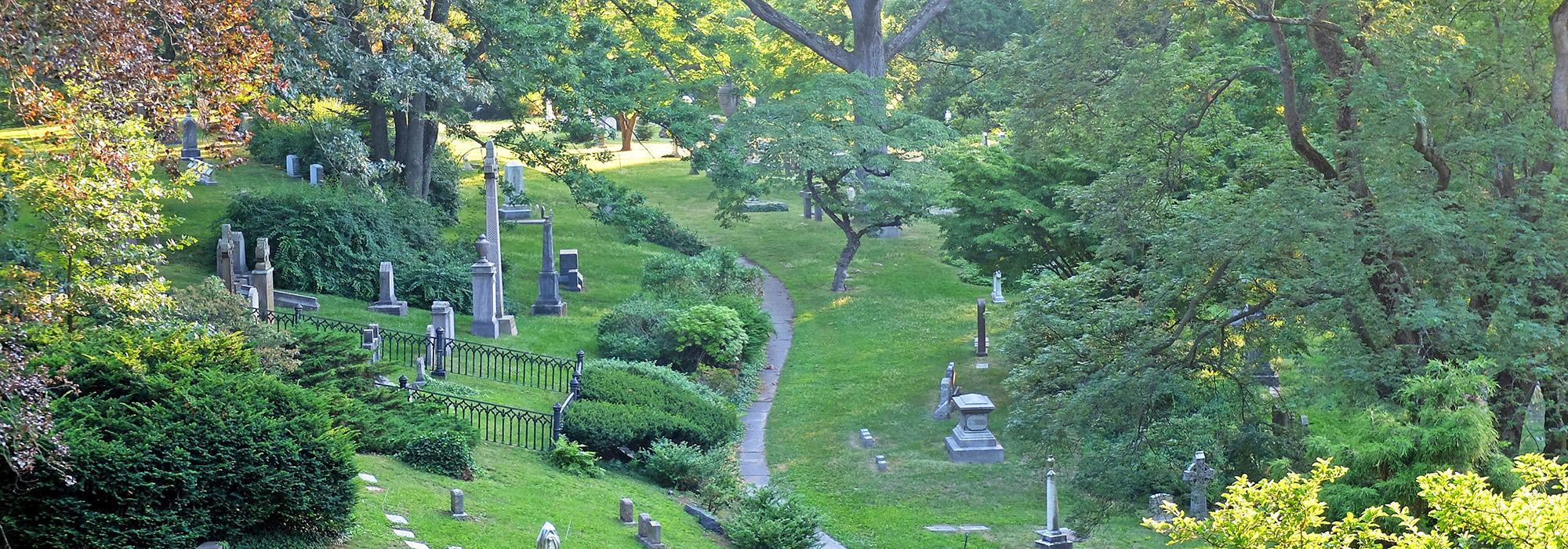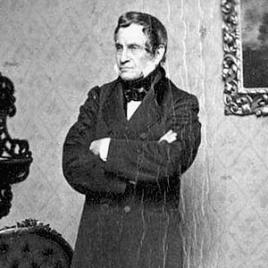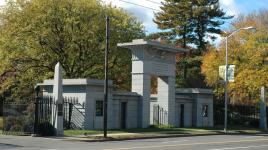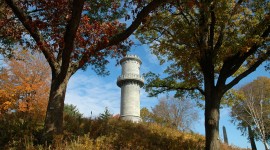Pioneer Information
As a physician, Jacob Bigelow furthered medical knowledge by authoring books on plant taxonomy and teaching both botany and “materia medica” at Harvard. Bigelow’s interests ranged widely throughout the arts and applied sciences. (He coined the term “technology”, as “the application of the sciences to the useful arts.”). In 1825, Bigelow invited local civic leaders to his house to discuss the public health issues surrounding Boston’s rapidly filling burial grounds. Bigelow proposed the creation of a Picturesque rural cemetery where families could commemorate the lives of the dead through sculpture and architecture, and landscaped scenery would soften the edge of loss. After initial challenges to the plan, the Massachusetts Horticultural Society purchased the site and General Henry A. S. Dearborn laid out the grounds. Opening in 1831, Boston’s Mount Auburn Cemetery became America’s first rural cemetery as well as a precursor and inspiration for the public parks that would follow later. Bigelow himself designed several of Mount Auburn’s major monuments, including its famous Egyptian Gate, and served as President from 1845-1871. From the mid-1850s onward, he served as Mount Auburn’s principle designer, altering its topography, circulation system, and plantings, as well as opening views and adding water features. He was buried there in 1879.










